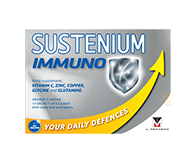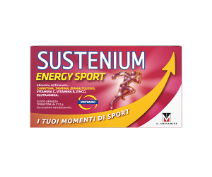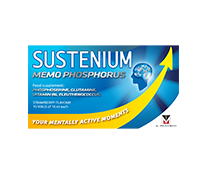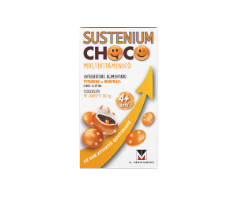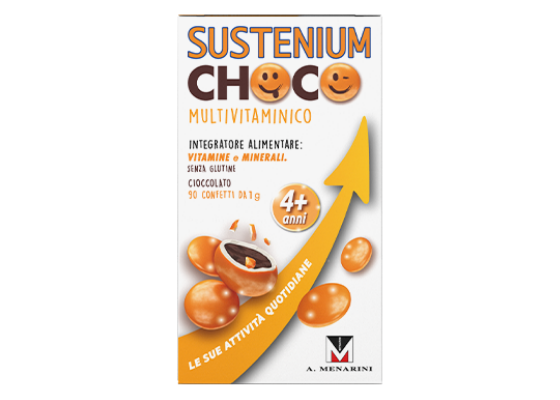Diet and exercise are cornerstones in a healthy lifestyle that has lifelong benefits for the body and mind. Eating a healthy diet and getting adequate exercise can help you to feel your best, every day.
What is a healthy lifestyle?
A lot of things can come to mind when considering what is a healthy lifestyle and what benefits can be obtained from it. However, several aspects are often mentioned, which include a good diet, regular exercise, not smoking, and maintaining a healthy weight. Thus, a healthy lifestyle is not just a single factor, but many factors together that bring about overall well-being. Adopting a healthy lifestyle early in life has many benefits that will carry over into adulthood and later life. It can help you to maintain not only good physical health, but also good mental health as well. Many types of studies have indicated that most chronic illnesses, like cardiovascular disease, cancer, and type 2 diabetes, are the result of lifestyles fueled by poor nutrition and physical inactivity. So let’s focus on two of the foundations of a healthy lifestyle: exercise and diet.












